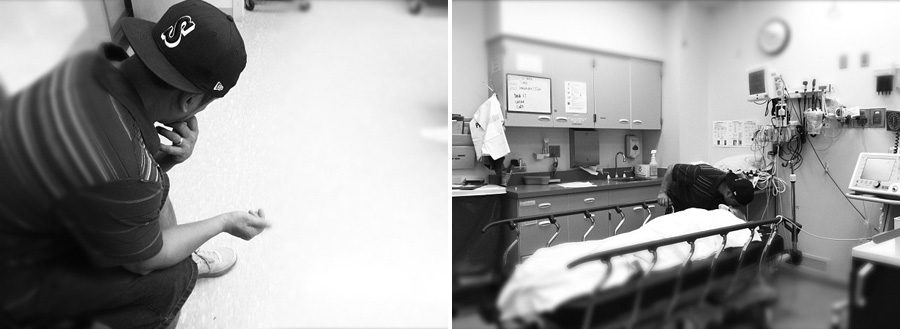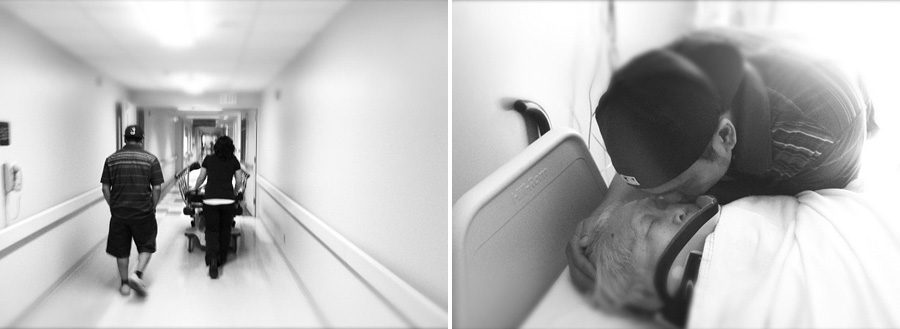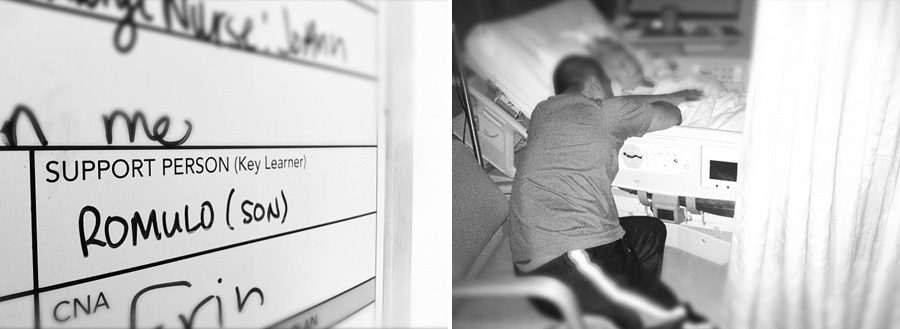When Your Elderly Parent Needs You
When taking care of your parents in their old age, especially one who lives with dementia, it’s full of ups and downs— lots of ups and downs. When it’s up, it’s so fulfilling and we are reminded why we do what we do every day. When it’s down, you wonder if you will have the strength to do what you have to do (every day). On December 2, it will be a whole year since The Lola Diaries [officially] started … This photo journal, the documentation of Romie’s relationship with his 86yo mother, became something more than I had imagined; sharing snippets of our daily lives on Instagram and Facebook was just another post to me until I realized it would affect people in more ways— a lot more people. So much has happened in the year as well as so little, which will be detailed in “just another post.”
A description of how this online journal began: The Lola Diaries is a documentary of 86-year-old Pacita, better known as Lola (“grandma” in Tagalog) to her grandchildren, who is cared for by her youngest child— my amazing husband Romie. Lola suffered a stroke in 2007 and now lives with dementia, and we have been caring for her ever since. This new arrangement eventually led to me quitting my corporate job and made myself available to help care for Lola, and also pursue my photography business full time. As a family portrait photographer, I’ve been capturing other people’s families on my camera for over six years, but photographing my own family was almost non-existent … So I started pointing my [phone] camera at Romie after Lola was admitted in the hospital from a head injury. I had never seen my husband so scared as long as I’ve known him. Seeing the fear in his eyes at the thought of losing his mother was the reason I felt that I needed to take more photos of the two of them together.
In the last set of images, as soon as Lola was able to return home after two weeks in the hospital with a head injury, she was admitted again for severe abdominal pain — clostridium difficult, the worst kind that is usually contracted at hospitals — making her total stay in the hospital over three weeks! (It took a lot out of her fragile body.)









.png)